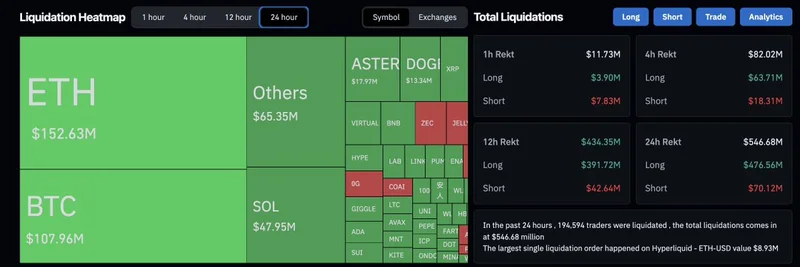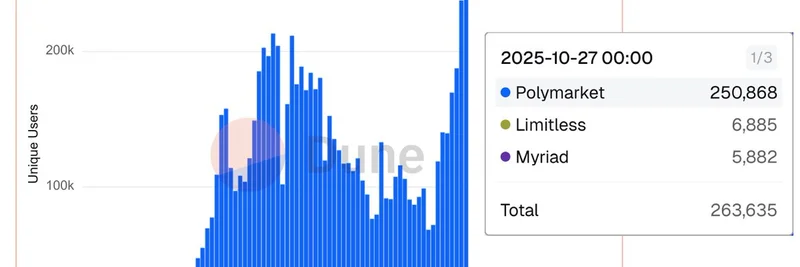Hey there, meme enthusiasts and blockchain buffs! If you're knee-deep in the world of meme tokens like the rest of us at Meme Insider, you've probably heard the buzz about Ethereum's latest moves. The Ethereum Foundation just dropped a major announcement on X (formerly Twitter) about the Fusaka Audit Contest starting today. Let's break it down in plain English and see why this matters for your favorite meme coins.
What's the Fusaka Upgrade All About?
First off, Ethereum is always evolving, right? After the Pectra upgrade earlier this year, Fusaka is the next big hard fork on the horizon, tentatively slated for early November 2025. Think of a hard fork as a major software update that changes the rules of the network—everyone has to upgrade or risk being left behind.
The star of the show in Fusaka is something called PeerDAS, or Peer Data Availability Sampling. In simple terms, this tech boosts the network's ability to handle more data for Layer 2 (L2) solutions. L2s are like sidechains or rollups built on top of Ethereum that make transactions faster and cheaper. With Fusaka, Ethereum aims to increase blob capacity (those are chunks of data used by L2s) and optimize gas limits, which could slash transaction costs even further. Sources like Cointelegraph and Etherworld highlight how this upgrade could supercharge scalability, making it easier for dApps, DeFi, and yes, meme tokens to thrive without breaking the bank on fees.
For meme token creators and traders, this means smoother launches on L2s like Base or Optimism, where a lot of meme action happens. Lower costs could lead to more viral pumps, community airdrops, and experimental projects—exactly the kind of chaos we love in the meme space.
The Audit Contest: Hunting Bugs for Big Bucks
Now, onto the contest itself. The Ethereum Foundation's post on X (view the thread here) announces a massive $2 million audit contest to stress-test the Fusaka code. The goal? Find and fix vulnerabilities before they hit the mainnet and cause real damage. It's like crowdsourcing a security check from the smartest hackers in the room—white-hat style.
Co-sponsored by heavy hitters Gnosis DAO (chipping in $100K) and Lido Finance ($25K), the contest is hosted on Sherlock, a platform known for blockchain security audits. As per details from Ethereum devs like Fredrik (see his post), there's a points multiplier for early submissions: 2x in week one and 1.5x in week two, incentivizing quick bug reports. The scope covers key Ethereum Improvement Proposals (EIPs) like those for PeerDAS, ensuring the upgrade's scalability features are rock-solid.
Sherlock's own announcements (like this one) amp up the hype, calling on researchers to "secure the future of Ethereum." If you're a dev or security whiz, you can sign up directly on their platform—potentially earning a slice of that $2M pie for spotting critical issues.
How This Ties into the Meme Token World
At Meme Insider, we're all about connecting the dots between big blockchain news and meme tokens. Ethereum's upgrades like Fusaka directly impact the ecosystem where many memes are born. Cheaper and faster L2 transactions could fuel the next wave of meme coin mania, similar to how Dencun's blobs in 2024 lowered fees and sparked a frenzy on networks like Solana and Base.
But security is key—remember those rug pulls and exploits that wiped out millions? By auditing Fusaka thoroughly, Ethereum is building a safer playground. This reduces risks for meme projects deploying on L2s, where smart contract bugs could spell disaster. Plus, with better scalability, we might see more innovative meme mechanics, like on-chain games or AI-generated memes tied to Ethereum's lore.
Community Reactions: From Meme Lords to Devs
The X thread is lighting up with reactions. Ethdaily (their summary) bundled it into today's Ethereum news roundup, emphasizing the $2M bounties. Security folks are pumped, with posts like mexp's guide for auditors (check it out).
Interestingly, the meme community is chiming in too. Take Book of Ethereum (BOOE), a community-driven meme token that's all about cataloging Ethereum's memes and history (CoinMarketCap page). In a reply, they poetically tied the contest to Ethereum's "commitment to credible neutrality and resilience," saying every vulnerability found is "a prophecy fulfilled" (see the post). It's a fun example of how meme tokens weave themselves into the broader narrative—BOOE positions itself as the "book" recording Ethereum's innovations and vigilance.
Other replies, like from shibatarzan.booe.eth, hype how Fusaka could revolutionize L2s and user experience, even shouting out Book of Ethereum as being "ready for it." It's clear the meme crowd sees this as a win for the entire ecosystem.
Wrapping It Up: Why You Should Care
The Fusaka Audit Contest isn't just tech jargon—it's a proactive step to make Ethereum more robust, which trickles down to better tools for meme token creators and traders. As we at Meme Insider keep building our knowledge base, events like this remind us that behind every viral meme is a secure blockchain foundation.
Stay tuned for more updates on how Fusaka unfolds and its ripple effects on meme tokens. If you're diving into the contest or have thoughts on BOOE, drop us a line. Let's keep the meme magic alive! 🚀


